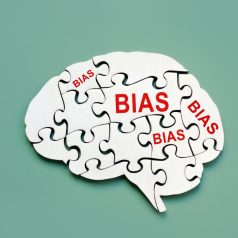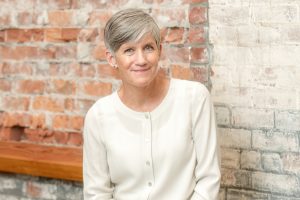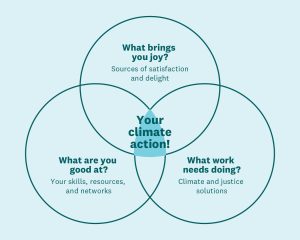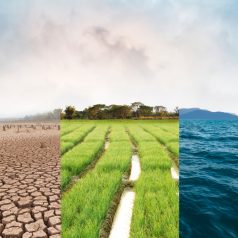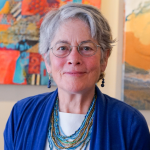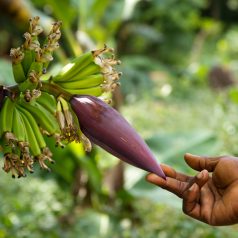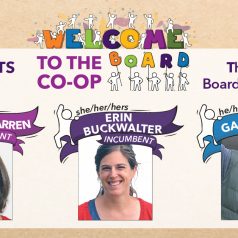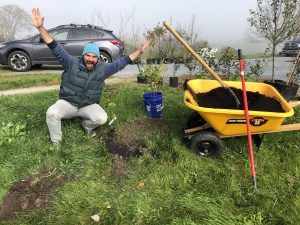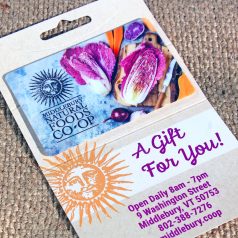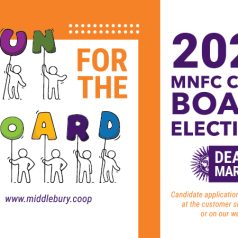
Interested in Getting More Involved in Your Co-op’s Governance? Run for the Board!
Even though spring feels far away now, we are currently gearing up for our annual board elections and recruiting member-owners to run for the four seats up for election this year. As Board Development Chair, my aim is to share with all of our member-owners more about how our board works, what we do, and what to do if you’re interested in running for one of the board seats.
The board is composed of 11 members who are elected to serve three-year terms. In May 2023, four positions will be up for election. With three board members stepping off the board, we anticipate welcoming at least three new board members this year! The board is currently made up of member-owners who live all over Addison County and who have been co-op members for all different lengths of time. We have a blend of backgrounds including teachers and professors, farmers and gardeners, community engagement specialists, financial professionals, artists, parents, and nonprofit directors. This diversity of backgrounds and skills makes our board stronger. Further, we all have in common a passion for the Co-op and our democratic principles.
You may wonder: what does the board even do? The board has three primary roles: 1) to represent the 6,000+ member-owners of the Co-op, 2) to oversee and support General Manager, and 3) to provide strategic and financial oversight for the Co-op. Board members craft and monitor policies that ensure our Co-op is meeting our mission and our ends. As you may know, last year the Co-op underwent a big leadership transition, with Glenn Lower retiring and Greg Prescott starting as our new General Manager. Your board is focused more than ever on maintaining our Co-op’s financial strength and community focus and continuing the smooth transition of leadership.
Each year, we are committed to recruiting new board members to bring fresh voices and diverse perspectives to our team. Institutional knowledge from longer-serving board members and fresh perspectives from newer board members are equally valuable. Our board strives to be actively anti-racist and inclusive. We welcome participation from community members who share a commitment to anti-oppression work. The board is made up of community members who bring a variety of personal and professional experiences. No board member is expected to be an expert or to represent anything other than their own experience.
I am currently in the first year of my second term on the board and I really enjoy serving on the board. My professional job with the Northeast Organic Farming Association of Vermont is focused on building a food system that centers people and our planet, and I’m so grateful for the work the Co-op does to bring this vision to reality locally. I am honored to participate in the democratic processes of our Co-op and am excited to be able to support others in keeping more dollars and decisions local!
There are several opportunities to learn more this month!
- We are holding a drop-in Zoom Q&A session for prospective board members on Tuesday, February 7th from 7-8 pm. Join current board members and MNFC’s General Manager, Greg, to learn about the board’s unique governing style and ask questions about the board’s responsibilities. RSVP to board@middlebury.coop by February 7th at noon to receive the Zoom link.
- Community members are always welcome to attend board meetings. Our next board meeting is on Wednesday, February 15th from 6:30-8:30 pm. If you’d like to attend, please contact our Board President, Amanda Warren, in advance: board@middlebury.coop.
- From 5:30-6:30 pm on February 15th, we’ll also be having an in-person meet and greet before our board meeting. Please RSVP by noon on February 14th if you’d like to attend – board@middlebury.coop.
Of course, we’re happy to connect with you outside of these meetings too! If you are interested in learning more, please don’t hesitate to reach out to me or any of the other board members —we always love to hear from our fellow member-owners.
Erin Buckwalter is Chair of the Board’s Board Development Committee.


